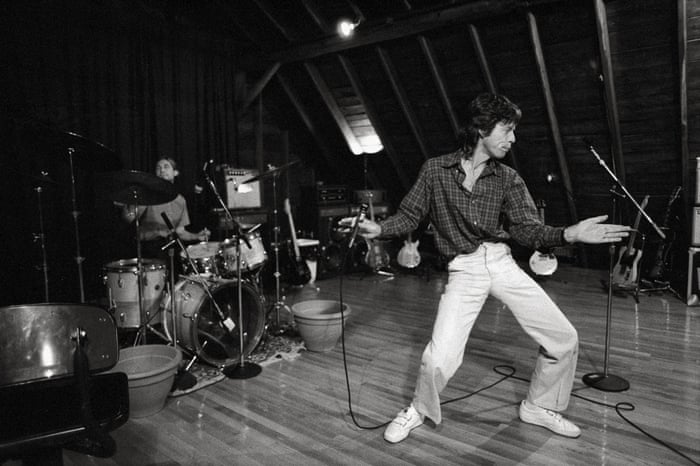Introduction to "It's Only Rock 'n Roll (But I Like It)"
A seminal track in the pantheon of rock music, "It's Only Rock 'n Roll (But I Like It)" by The Rolling Stones stands as an emblem of the band's audacious spirit and the electrifying aura of 1970s music. Serving as the title track of their 1974 album, this song captures the quintessential Stones' sound that perfectly encapsulates the rebellious spirit of the decade.
Cultural and Historical Context
The cultural impact of "It's Only Rock 'n Roll (But I Like It)" is undeniable. Released at a time when music was in the throes of a seismic shift, this 1970s song resonated with a generation daring to challenge the status quo. The Rolling Stones, already established as rock and roll rebels, used this piece as a declaration of their undying love for the genre, even as they playfully dismissed its importance.
An Interesting Fact
One fascinating tidbit about the track is its genesis. Originally conceived by Mick Jagger during a jam session with Ronnie Wood, it was later polished and perfected by The Rolling Stones, becoming a testament to their collaborative genius. The song's catchy refrain, "It's only rock 'n roll, but I like it", quickly became a rallying cry for rock music enthusiasts worldwide.
Cover Versions of the Song
The enduring popularity of this track has led to numerous cover versions over the years. Artists ranging from British pop sensation Twisted Sister to the legendary Tina Turner have put their unique spin on it, reinforcing its timeless appeal and universal resonance.
Relevance Today
Despite being nearly half a century old, the relevance of "It's Only Rock 'n Roll (But I Like It)" has not diminished. Its enduring resonance can be attributed to its anthemic quality, the Stones' timeless appeal, and its definitive message of unabashed individuality. As long as there are rebels with a love for rock 'n roll, this song will continue to find an eager audience.












Comments (0)